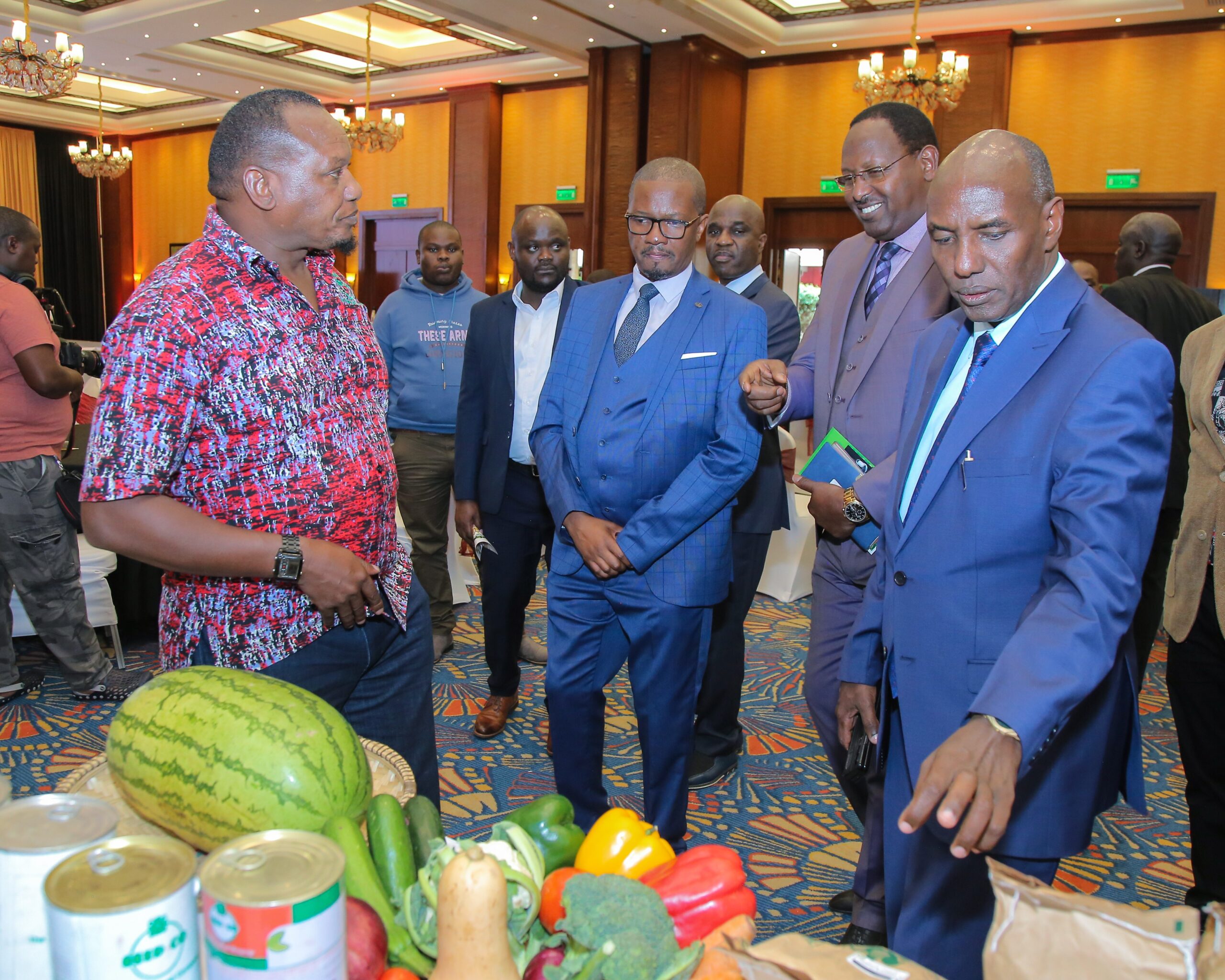KBL Will Teach 60,000 Farmers On Sustainable & Regenerative AGRICULTURAL Practices

- Kenya Breweries Limited (KBL) has made a commitment to equipping all 60,000 farmers who make up their local sourcing communities with the agricultural knowledge and tools they need to become resilient to the effects of climate change on their economies and environments.
- Additionally, the business will provide smallholder farmers with the tools they need to establish successful businesses and guarantee that only the highest-quality goods reach their supply chains.
Today at a KBL-hosted agricultural forum in Nairobi, the announcement was made. It sought to promote fruitful conversations on climate change and regenerative agriculture.
Over 100 participants from the commercial sector, government, academia, and NGOs participated in the forum to debate important topics related to sustainable agriculture in the area.
Hon. Mithika Linturi, Cabinet Secretary for the Ministry of Agriculture and Livestock, emphasized during the event that everyone involved must work together to maximize the prospects in the agricultural industry.
“As a ministry, one of our responsibilities is to foster agricultural development, increase food security on a national level, and expand market access and commerce. We are dedicated to offering farmers sufficient and inexpensive operating capital as well as implementing cutting-edge risk management tools for agriculture to guarantee farming is profitable and income is predictable. We acknowledge and value the efforts made by the corporate sector, led by organizations like East African Breweries. We salute their initiatives to give them a means of subsisting, thousands of Kenyan farmers, and their dedication to encouraging sustainable sourcing. We are open to new collaborations and forward-thinking discussions about how we can effectively cooperate to safeguard the future of our food.”
Eric Kiniti, Group Corporate Relations Director, emphasized the organization’s dedication to obtaining the barley and sorghum needed for brewing their goods locally.
“Our local sourcing initiative is a top focus for our firm. It enables us to create value with Kenyan farmers. We extend an invitation to other farmers and assure them of a consistent market and competitive rates for their goods. According to Eric Kiniti, “Our objective is to make our agricultural supply chains economically, socially, and environmentally sustainable.
Our economy’s greatest sector is agriculture, which accounts for half of Kenya’s GDP—one-fourth directly and one-fourth indirectly. Two-thirds of Kenyans depend on agriculture for all or a portion of their income.



